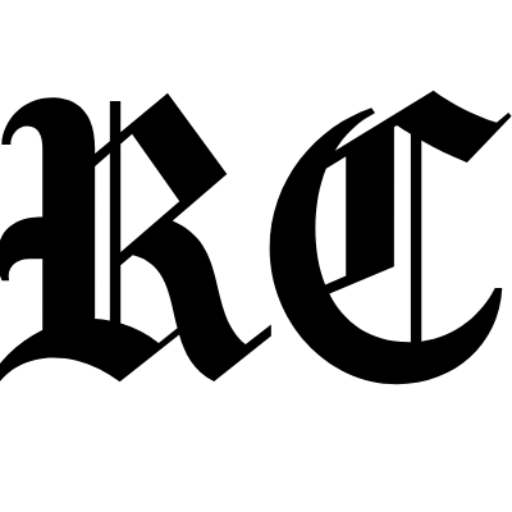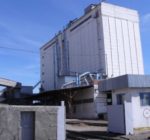As it became known to Kommersant, the Bank of Moscow continued to fight for the assets of Andrei Chernyakov, the ex-head of NPO Cosmos, who is accused of large-scale embezzlement and non-repayment of loans. In Italy, the villa of a wanted businessman was re-arrested, and hundreds of thousands of dollars and euros were blocked in his accounts in Austria and Germany. At the same time, Mr. Chernyakov, who, according to the bank, hid part of the assets, is threatened with cross-examination in a London court, as well as terms not only in Russia, but also in Germany.
Arrests of Andrey Chernyakov’s property around the world began after the High Court of London on November 27, 2015, on the suit of the Bank of Moscow, issued an order obliging the ex-head of NPO Kosmos to hand over his passports to the plaintiff’s representatives, not to leave England and Wales, and also to disclose all assets that the court forbade him to dispose of. The Bank of Moscow, having received court permission to use information about assets, applied to the courts of Cyprus, the British Virgin Islands, Switzerland, Italy, Germany and Austria and arrested the shares of a dozen companies registered by the businessman and his wife in these countries, as well as two jet planes, two Rolls-Royce cars and luxury items.
However, the most bitter struggle between the representatives of the plaintiff and the defendant unfolded in Florence around a residential complex in the style of a Roman palazzo, owned by Mr. Chernyakov. Located on 4 hectares of land, an object of 11 residential buildings with 60 rooms, as well as numerous non-residential premises, was immediately arrested by the regional court. It was assumed that the estate would then be transferred to the management company, which would put it up for auction, and the proceeds would be sent to the Bank of Moscow to pay off the damage. However, Mr. Chernyakov’s lawyers succeeded in removing the encumbrance. On December 16 last year, according to Kommersant’s information, representatives of the Bank of Moscow appealed to the court of general jurisdiction in Florence with a new application for the arrest of Mr. Chernyakov’s villa. On February 24, the claim was considered on its merits, and on March 2, a court order was issued to seize the property. Moreover, the defendant and his representatives were not present at the meeting. However, the plaintiff’s arguments seemed convincing to the court that the property could be alienated by Mr. Chernyakov or his representatives, and this would lead to the impossibility of repaying his debt to the Bank of Moscow. It should be noted that NPO Cosmos’ debt to the Bank of Moscow exceeds 16 billion rubles, while Mr. Chernyakov acted as a personal guarantor for loans not returned to NPO.
The Moscow police saw in the actions of Mr. Chernyakov signs of “especially large-scale fraud in the field of lending”, initiating a criminal case under the relevant Part 4 of Art. 159.1 of the Criminal Code of the Russian Federation. The businessman who went abroad was arrested in absentia and put on the international wanted list. At the same time, the bank filed several lawsuits against him in the Meshchansky District Court of Moscow, one of which resulted in the recovery of more than 3 billion rubles from Mr. Chernyakov as a guarantor. The arrest in Florence was made in support of the decision of the Meshchansky Court. By the way, the villa arrested in Italy is estimated at more than €10 million. The plaintiff, according to the court decision, can describe the property of the defendant in this country for €37 million, if any.
In addition, as it became known to Kommersant, in Austria the Bank of Moscow secured $265,000 and €1,200 on Mr. Chernyakov’s account at a local bank. In turn, the court of the German city of Potsdam, recognizing that the plaintiff could claim the defendant’s funds in one of the local banks, warned Mr. Chernyakov that in case of violation of the requirements of the order of the London court in Germany, he would be subject to an administrative fine of up to €250 thousand or taken into custody for up to six months. The German court, in addition, ordered Mr. Chernyakov to reimburse the Bank of Moscow for all legal expenses in this country. And since, as lawyers found out, Mr. Chernyakov did not fully disclose information about his assets, the Bank of Moscow applied to the London court with a statement to summon the businessman for cross-examination. A court hearing on the bank’s application is scheduled for May 20.
Mr. Chernyakov’s lawyers are going to appeal the court’s decision to seize his property and funds. “The bank will strictly and consistently seek the return of money by all legal means, including on the territory of other countries,” this is how Kommersant was commented on the situation around the case of Mr. Chernyakov in the press service of VTB.








